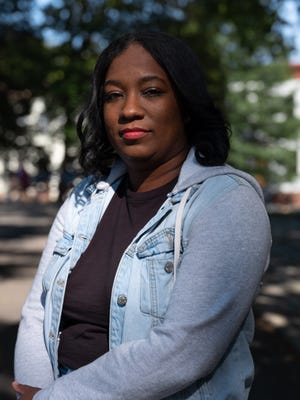On Passing and Not Trying to PassPosted in Articles, Autobiography, Identity Development/Psychology, Judaism, Media Archive, Passing, Religion on 2021-12-14 02:52Z by Steven |
On Passing and Not Trying to Pass
My Jewish Learning
2015-07-22
I am black, and I am Jewish.
I’ve always found comfort in the and of my identity — that simple part of speech that joins together two disparate things: two families, two histories, two cultures, two heritages, two skin colors, two lineages of trauma, two pathways to North America. As the offspring of both, I am equally neither.
Lately, I spend a lot of time within the proverbial “walls” of the organized Jewish community. As a Jewish professional, my day-to-day life is dedicated to synagogue operations — specifically, membership and communications. While in many ways I am “at home” in the Jewish community, to this day I still feel out of place within the communal mainstream. And, contradictory as it may seem, it is the fact that I can easily pass for the Ashkenazi majority that leaves me feeling this way.
I should say: I never asked to pass. The fact that I can walk into Jewish settings and instantly fit in leaves me with a bad taste. At the same time, I remember recognizing my own thoughts when I read Katya Gibel Azoulay quote her son in her seminal book, Black, Jewish, and Interracial: It’s Not the Color of Your Skin, but the Race of Your Kin, and Other Myths of Identity: “I’m not going to put up a sign that says I’m black just to be accepted,” she relays, writing, “as far as he was concerned, the idea of ‘learning how to act Black’ was the theater of the absurd.”…
Read the entire article here.







